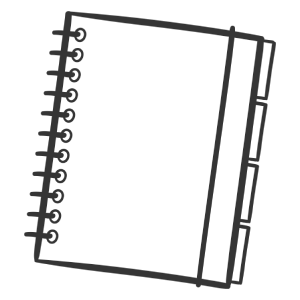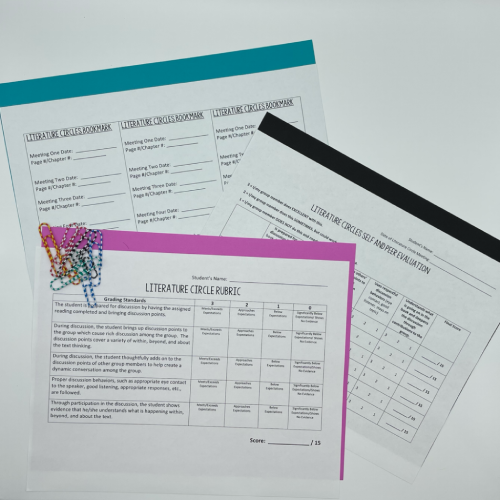Previous to this year, while my students were writing I viewed myself as more of a “keeper of the peace” than a writing teacher. I felt that it was more important to walk around, keep everyone on task, and be there to answer questions from the students whenever they were stuck. Reflecting back, this was a mistake. I taught my students that if I wasn’t walking around “cracking the whip” that they didn’t have to write, and I also taught them that the moment they were “stuck” in their writing, I would be by their side to help them. The shift that I made this year was to conduct writing conferences during independent writing time during the Writing Workshop. On average, if students get approximately 30 minutes of independent writing time, I can conduct 5-6 writing conferences. This is a huge shift because strict classroom routines and procedures must be in place so that students work independently and respectfully during this time without my presence shuffling around the room. Students also know that once a week, they will get a chance to sit down and talk to me about their writing in detail. The “learned helplessness” of immediate answers to every question is also eliminated as students learn how to deal with writer’s block, use a dictionary or iPad to look up unknown spelling, and pay attention to the minilesson so that they know the writing application. Through tons of professional reading, watching and trying out many writing conferences, and learning through my literacy coordinator training, I am going to post below what I feel is a great way to hold a writing conference.
Open the conference with a leading question that will get the student to open up such as:
o How is your writing going today?
o What are you working on as a writer today?
o How are you working on applying the minilesson to your writing today?
· Give the student ownership in the conference by providing an opportunity to talk about what he/she wants to talk about during the conference:
o Is there something in your writing that you’d like us to look at together?
o What do you want to focus our conference on today?
o What do you need help with in your writing?
· Select one teaching moment after reading a section of the students’ writing (Remember at this point that although many students will have several places you can take them, pick one place. You are not trying to fix the entire piece of writing; you are trying to make the student a better writer, arming him/her with one new understanding at a time that he/she will be able to apply independently without you there. Fix the writer, not the writing):
o After reading your writing, I noticed that ______________. Let’s talk about this… (Go into teaching a specific skill within the writing based on what you notice. Ground your talk in evidence from the writing and actively engage the student to ensure that they are able to apply what you are trying to teach him/her independently. Your teaching point could be centered around something you notice about the students’ conventions, ideas, writing organization, word choice, sentence fluency, adding descriptive language, etc.)
· Make the learning generative/Encourage Self-Reflection and Intrinsic Motivation:
o How will you use what we talked about during our conference today as you continue to work independently, as a writer?
o What is a goal that you are going to continue to work toward as a writer?
For more ideas on how to organize and evaluate student writing and track conference data, check out my new product on Teachers Pay Teachers: http://www.teacherspayteachers.com/Product/Analyzing-Student-Writing-and-Writing-Conferences
I would love to hear from all of you to hear what works well for conferring during Writer’s Workshop! Happy 2013, everyone! 🙂
Writing resource corner from my classroom last year.
Kasey






